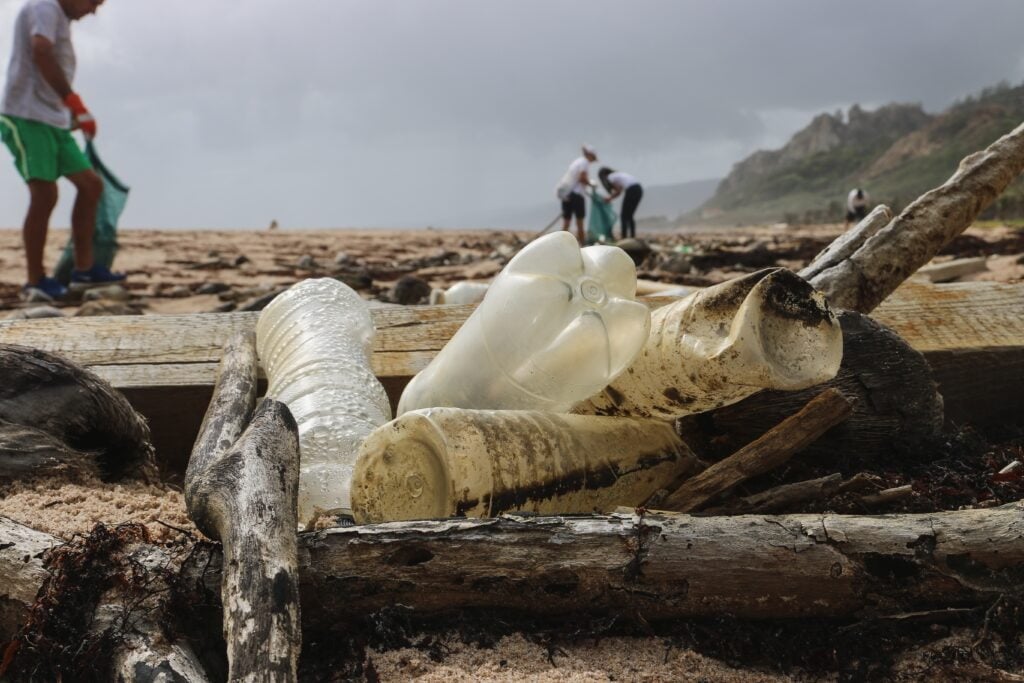The Mindaroo Foundation WA study of plastics makers, puts a world-focus on the need to massively reduce single-use plastic items that soon become waste. It also shows that per capita, Australia leads the world in its use.
Clive Jackson – Democrats waste campaigner
Some shocking facts uncovered:
- Whist the average person worldwide generates just over 15kg of waste plastic per year, the rate in Australia (and the US) is ~50kg/year!
- In 2019 over 130,000,000 metric tons of single use plastic was burned, buried in landfill or discarded directly into the environment
- 98% of the world’s plastic is made from “virgin” fossil fuels – just 2% is produced using recycled polymers.
- A large expansion of single use plastic production is planned over the next 5 years
- China, Saudi Arabia and the UAE are the biggest producers of plastic with an estimated 30% of the market and 20 of the world’s largest petro-chemical companies produce 55% of the stuff.
…we are treating the ocean like a liquid landfill left to accumulate at least eight million metric tons of plastic waste each year.
Al Gore, former US Vice President
Here’s what the report recommends governments do:
- Require recycled polymer production to be made from plastic waste feedstocks, or charge a levy on virgin production
- Establish a Montreal Protocol-style agreement to set targets for phasing out fossil-fuel-based polymers
- Require full disclosure from producers and users of single use plastics – much like carbon accounting – to better monitor the supply chain
In Australia, several state and local governments and major food retail chains, have committed to phase out, or ban, single-use plastic products. Replacing plastic products may accelerate when the supply of alternative products becomes plentiful and is viable but progress is way too slow. As well as government measures, there is a need for greater awareness of plastic waste and its consequences for the environment.
Will the Australian Government take a lead? There is a need to open a new front on awareness of plastic waste, in the areas of water and air pollution. Largely hidden in the nation’s drainage systems and waterways, plastic products, and their fragments are entering our oceans in large quantities. The above study reported that decomposed plastic particles can become airborne and can consequently enter the food chain, having health implications.

